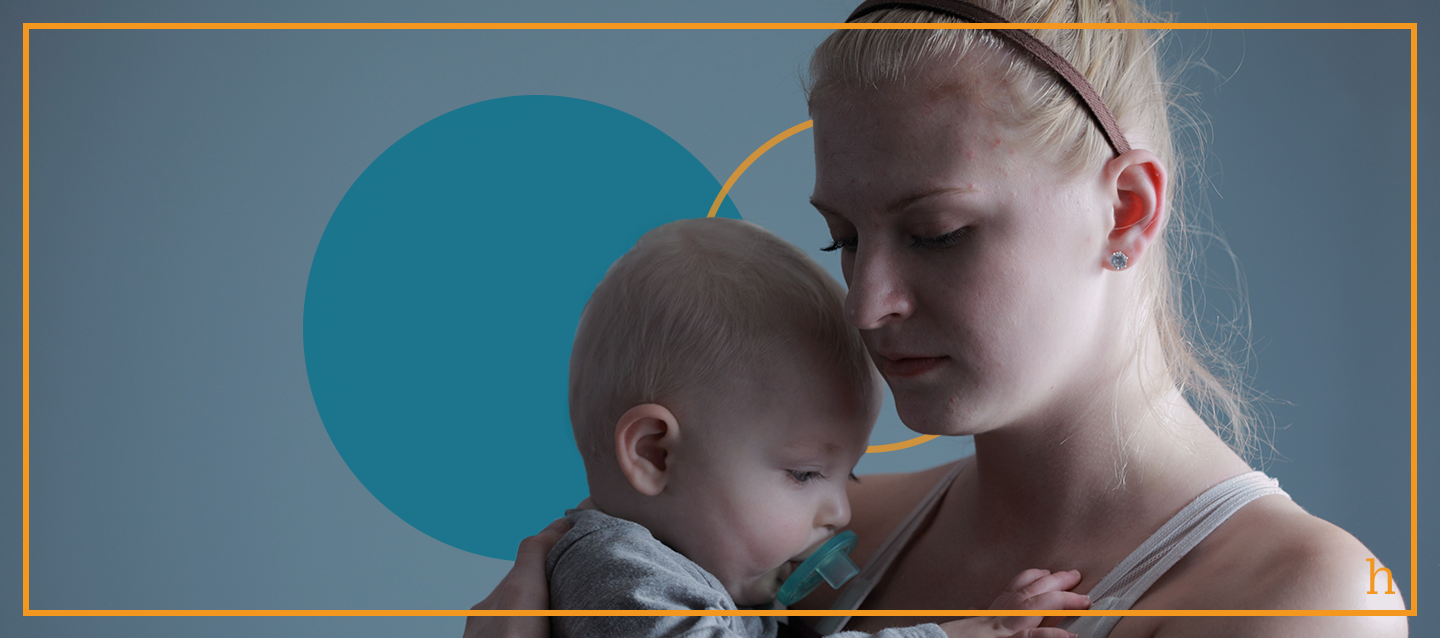For many, one of the goals of therapy is to better understand and manage our emotions so we can improve our relationship with ourselves and others. Building emotional maturity allows you to confidently reflect on, own, and communicate your emotions to others, which fosters greater intimacy, safety, and connection in our relationships.
And while in therapy we try not to “blame the parents” for things, many of us lack a model of emotional maturity if we grew up with emotionally immature parents. For many generations, there was a rigid mentality that emotions were not OK or should not be discussed, which may have led to the development of unhealthy coping strategies: avoidance, defensiveness, or other toxic behaviors. Parents set the tone for what emotions are discussed in the household and how conflict is dealt with, which has ramifications for how we as children learn to connect with others and resolve conflict. It can also greatly impact how we feel about ourselves and our self-worth leading well into adulthood.
Recognizing you had or have emotionally immature parents can help you better understand yourself, your communication or attachment styles, and how you view and behave in your relationships. Below, we’ll walk through some of the signs you grew up with emotionally immature parents.
- Certain emotions were allowed in your household, while others weren’t. Or emotions weren’t discussed at all.
Did you grow up in a household where emotions were rarely discussed? Perhaps feelings of joy and positivity were allowed and celebrated, but sadness, disappointment, or frustration were not. Maybe your parents never expressed pride in your accomplishments or shared affection for you. Emotionally mature individuals allow themselves and others to experience and reflect on the full range of their emotions, without stifling feelings that are uncomfortable or distressing or make us feel vulnerable or “mushy.” Suppressing emotions not only leads to less connection with others but can also lead to depressive or anxiety symptoms and maladaptive coping strategies, such as excessive drinking.
- There was a lack of effective conflict resolution.
Emotionally immature parents struggle to resolve conflict in the household, resorting to behaviors such as the silent treatment, avoidance tactics like sweeping difficult situations under the rug, yelling, or even physical violence. If your parents weren’t able to calmly and openly discuss their emotions, how a conflict impacted them, and then provide a fair opportunity for the family to safely explore issues together as a unit, this might have led to feelings of confusion, insecurity, or self-blame as a child.
- You feel responsible for managing your parents’ emotions.
When emotionally immature parents cannot express their feelings or safely resolve conflict, children end up feeling responsible for navigating and picking up on the subtle cues of their parent’s emotional well-being and doing their best to maintain safety and peace in the household. For example, they may learn to detect that “Dad’s in a bad mood today,” or “If I do X, Mom will talk to me again” to help recalibrate the situation. This is a large burden to have as children, and often becomes a learned behavior that others’ emotions are more important than your own, or that you need to self-sacrifice in relationships to achieve the stability you seek or the act of recalibration that feels familiar to you.
- There was a lack of depth, vulnerability, or intimacy in family conversations.
You may look at your parents now as an adult and feel like you don’t know them as people. What truly mattered to them or excited them, or what were they like as children? What relationship did they have with their parents? What was their biggest heartbreak or lesson learned? Emotionally immature parents may not have the capacity to reflect on and share vulnerable conversations with their children. The parent-child relationship will lack depth because the parent has not modeled the vulnerability for the child to follow, even if the child very much craves that connection. This can of course have ramifications for how the child can ultimately form relationships with others and their relationship to emotional intimacy.
There is much more to unpack relating to understanding your parents’ emotional maturity and how this may have impacted you – and therapy can be a valuable tool for doing just that. Are we blaming parents for lacking emotional maturity? No. As mentioned, they may come from generations before or cultures that did not foster sharing emotional experiences with others. Yet how emotions are discussed or communicated in your household serves as the foundation for your future relationships. We can have compassion for our parents’ experiences while also wanting to hold them accountable to be better, or at the least for ourselves to be better for future generations.

